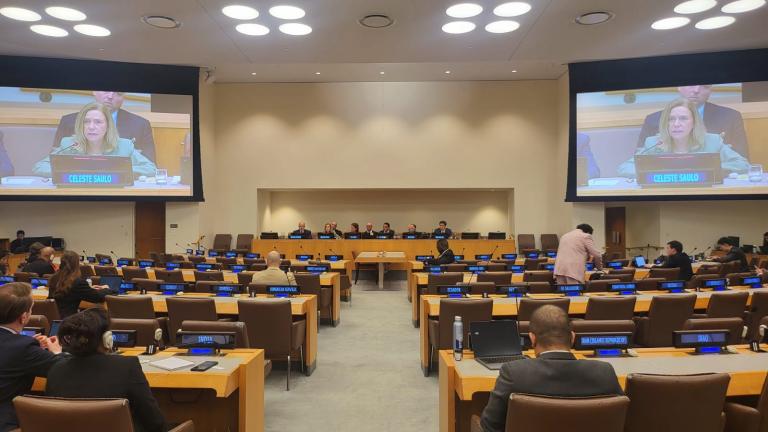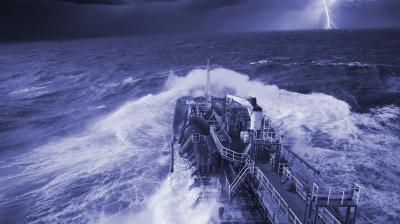UNGA promotes science and data to tackle sea level rise
The urgent need for knowledge, data, and science to inform risk assessments and decision-making on sea level rise took center stage during a high-level panel discussion at the UN General Assembly's meeting on Sea Level Rise on Wednesday. The event, titled “Knowledge, Data, and Science to Inform Sea Level Rise Risk Assessments and Decision-Making,” featured experts from global organizations, including Celeste Saulo, Secretary-General of the World Meteorological Organization (WMO).

The panel underscored the escalating threats posed by rising sea levels, emphasizing the need for comprehensive data-driven strategies. This session, co-chaired by Vice Minister Theodore Gentzis of Belgium and Vanuatu's Special Envoy for Climate Change Ralph Regenvanu, served as a crucial platform for world leaders and experts to discuss the impacts and solutions surrounding this global crisis.
Speaking on the panel, Celeste Saulo highlighted the stark reality of accelerating sea level rise, which is no longer a future threat but a present-day challenge. “Since pre-industrial times, sea levels have risen by approximately 20 to 23 centimeters, and the rate of rise is accelerating. In just the last 30 years, satellites have recorded a 10-centimeter increase in sea levels, with half of that rise occurring in the last decade alone. This is not just a number—it brings with it devastating consequences for coastal populations,” Saulo remarked.
Sea level rise is already inundating low-lying areas, eroding shorelines, and threatening the livelihoods of millions in coastal regions. Saulo emphasized the critical importance of robust scientific measurements to track and predict these changes. She noted that the consequences of rising seas extend beyond environmental impacts, affecting economies, energy security, and global infrastructure resilience.
Another key aspect of the discussion was the need for global cooperation and enhanced data collection, especially in vulnerable regions that lack the necessary observational infrastructure to directly attribute flooding events to sea level rise. Saulo reiterated the WMO’s commitment to providing technical support and strengthening countries' data capacities through National Meteorological Services. “Improving the quality of forecasts depends on global collaboration, prioritization, and knowledge sharing. We must work harder and faster to ensure that every person on Earth is protected by an early warning system,” she urged.

The panel concluded with calls for increased financial and technical support to help vulnerable countries adapt to sea level rise. Investing in both hard infrastructure and “soft” adaptation measures, such as enhancing early warning systems, was highlighted as key to ensuring sustainable, long-term resilience against this growing threat.
As the world faces accelerating climate change, this high-level discussion reaffirmed the essential role of science, knowledge, and data in shaping effective, inclusive solutions to protect vulnerable communities from the escalating risks of sea level rise.










